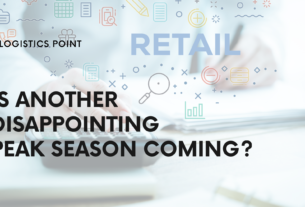With the approach of the new Brexit date there are still many questions to be answered on immigration and especially what will happen with British citizens currently living in the EU.
Brussels has managed to negotiate the rights of EU citizens in the UK post Brexit and the Home Office has successfully launched its EU settlement scheme. But what has London done to ensure that British people in all 27 EU countries have their rights protected?
According to Julia Onslow-Cole, partner at Fragomen, Brussels expected that London will insist on a similar deal for its citizens who will be living in an EU country post-Brexit. It is hard to negotiate such a deal as there are 27 different countries with 27 different rules. Some EU states have done a lot to provide security to Brits but others have done nothing and the issue is not something they are worried about.
Some believe the UK has left out British citizens who live in one EU country and travel to work in another as there are many example for that.There is also a problem with business travellers, says Onslow-Cole. The costs for them are rising and companies would rather spend less and get access to the EU market than send someone to work in London.
Looking at the global picture there are other challenges. Countries are not consistent and rules change constantly. But the biggest problem is that immigration laws are not fit for purpose. They do not answer the needs of modern business travellers. An example is the USA where new rules require more information on all business travellers and companies are requested to hire skilled people. Onslow-Cole says it is no longer about the degree or experience but about what abilities prospective workers have. Unfortunately, this abilities are not something authorities measure and good candidates can be refused entry only based on lack of experience.
Back in the UK Onslow-Cole advises companies to help their EU employees with the application for the EU Settlement Scheme. She also says people with a Settlement Card should still apply in order to avoid unnecessary waiting at airports and ports.
Globally, Onslow-Cole finishes by saying that governments are connecting more and more data systems and in the future will be able to control immigration far better than they currently do. This will mean politicians can show how stronger security and better preparedness lead to positive results and that immigration is a good thing


